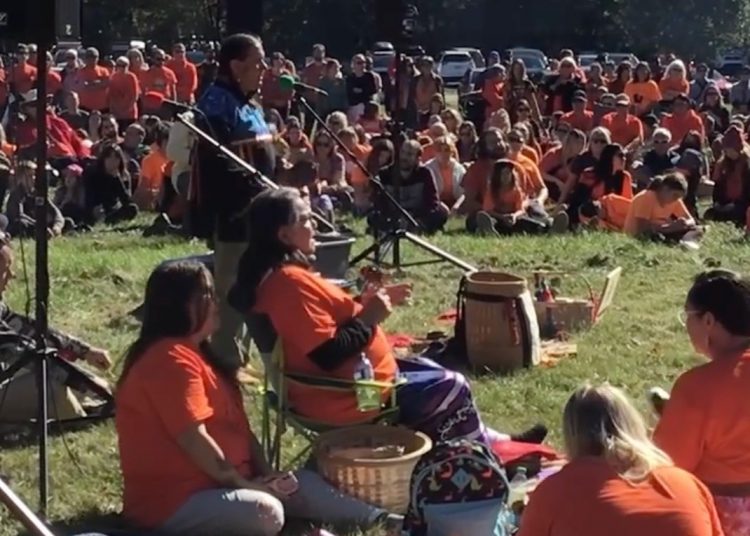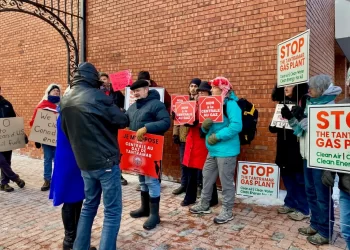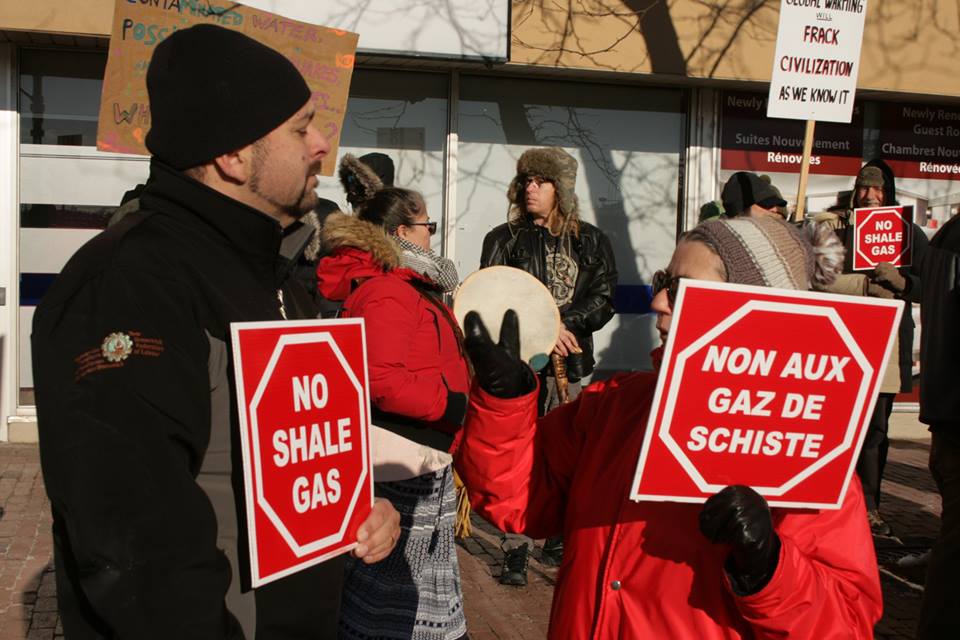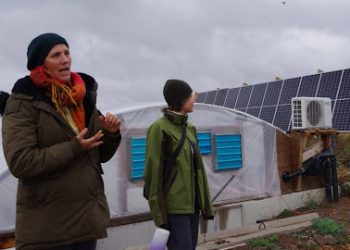As we honour Truth and Reconciliation Day on September 30, Canada marks 15 years since it formally endorsed the United Nations Declaration on the Rights of Indigenous Peoples (UNDRIP). The endorsement was a significant milestone, marking Canada’s recognition of the international framework that affirms the collective rights of Indigenous peoples, including their cultural, political, and territorial sovereignty.
Canada’s next step is not merely rhetorical support but the real work of aligning Canadian law with the principles of the UN Declaration — a long-awaited change that has been slow to materialize. Endorsement means little if legal and governance systems still deny Indigenous peoples a decisive voice over their lands, relations, and futures.
Truth and Reconciliation Day reminds us that reconciliation is not symbolic but demands concrete change. The Commission’s Calls to Action urge governments to uphold Indigenous rights in practice, and one of the clearest ways to do this is by implementing the principle of Free, Prior, and Informed Consent (FPIC).
FPIC goes beyond consultation to affirm that Indigenous communities have the right to determine whether a project affecting them proceeds at all. It ensures that development is not imposed upon Indigenous peoples but negotiated respectfully and equitably.
At its core, FPIC means that Indigenous peoples hold the right to give — or withhold — consent to projects that may impact their lives. This principle shifts decision-making power toward communities, recognizing their sovereignty and their deep, long-standing connections to land and environment.
Each element of FPIC carries its own weight, and together they define a standard of true self-determination. “Free” refers to decisions made without coercion, intimidation, or manipulation. It requires that Indigenous peoples participate in decision-making processes without undue pressure from governments or corporations.
“Prior” means that consent must be sought well in advance of the approval or commencement of any project. Indigenous communities should not be placed in the position of reacting to decisions already made, but rather must be fully involved before commitments are finalized.
“Informed” emphasizes that Indigenous peoples must have access to all relevant information in ways that are clear, transparent, and culturally appropriate. Technical reports, environmental assessments, and project impacts must be communicated in formats that allow communities to fully understand potential consequences.
And ‘consent’ emphasizes that Indigenous peoples have a meaningful role in shaping decisions that affect them. This is not about token consultation or box-checking exercises, but about genuine respect for self-determination and ensuring their perspectives and priorities are fully considered. Governments must now honor these decisions and respect the Nations’ stance, whether in agreement or not.
FPIC, protected under the UN Declaration, safeguards Indigenous self-determination and territorial rights, recognizing that Indigenous peoples must have the authority to shape decisions affecting their communities and futures. This framework also provides safeguards against exploitation, displacement, and environmental harm, preventing projects from prioritizing short-term profits over community and ecosystem well-being.
Ensuring that all levels of government — federal and provincial — respect FPIC is a crucial step toward reconciliation, offering hope that development projects will prioritize environmental protection and genuine collaboration.
Yet a pressing question emerges: what should be done about projects approved before the UN Declaration or FPIC are fully integrated, especially projects Indigenous peoples continue to oppose?
Both the Treaties with the Crown, established in the 1700s, and the UN Declaration provide guidance. The Treaties call for “satisfaction and reparation,” while Articles 28 and 32 affirm that Indigenous peoples deprived of their lands, territories, or resources without consent are entitled to redress — through restitution where possible, or just compensation where it is not.
This means that even where projects were approved in the past, Indigenous peoples retain the right to seek remedies. Their opposition does not lose legitimacy simply because a project has been in place for decades. Reconciliation and justice require addressing past harms as well as preventing future ones.
When projects ignore FPIC: The example of Point Lepreau
In New Brunswick, this conversation directly concerns the nuclear generating station at Point Lepreau. Despite its long-standing presence, the project is unwanted in the eyes of many Indigenous communities, particularly the Passamaquoddy Nation.
The Passamaquoddy have consistently voiced opposition to nuclear power, raising concerns about the ongoing and unending risks of radioactive waste management. A nuclear power facility represents not only an environmental hazard but also a violation of their rights and sovereignty.
The Point Lepreau plant has been plagued by inefficiency, staggering costs, and safety concerns. It emits radioactive isotopes that contaminate the air and water, more so than any other nuclear station in Canada. Meanwhile, the reactor’s waste remains dangerously radioactive for millennia, with no secure long-term storage solution in sight.
The Passamaquoddy Nation has been clear that the real solution for power on NB Power’s electrical grid is renewable energy. Renewables offer a safer, cleaner, and more sustainable path forward. Unlike nuclear, they do not pollute or generate radioactive waste, and they are becoming increasingly affordable and reliable. Investing in renewable systems also opens the door to local ownership and community benefit, aligning with the Passamaquoddy vision for a healthy and self-determined future.
If New Brunswick is serious about reconciliation with Indigenous peoples and compliance with the UN Declaration, the path forward is clear. It must discontinue the costly and dangerous nuclear project at Point Lepreau and redirect its efforts toward renewable energy. This would honor Indigenous sovereignty, protect the environment, and chart a sustainable energy future.
The principle of Free, Prior, and Informed Consent is not abstract — it has real implications for projects like a nuclear reactor at Point Lepreau. Upholding FPIC means recognizing that Indigenous communities are not mere stakeholders to be consulted after decisions are made, but rights-holders whose voices must guide development.
Canada and New Brunswick’s commitment to reconciliation and the UN Declaration must therefore extend to past, present, and future projects, ensuring that Indigenous peoples can protect their lands, health, and futures. Redirecting investment from unsafe, unwanted projects like nuclear reactors toward renewable energy is a tangible way to respect Indigenous sovereignty, advance environmental justice, and fulfill the promise of true reconciliation.
Mayara Gonçalves e Lima works with the Passamaquoddy Recognition Group Inc., focusing on nuclear energy. Their work combines environmental advocacy with efforts to ensure that the voice of the Passamaquoddy Nation is heard and respected in decisions that impact their land, waters, and future.






![NB Update: What comes after the crisis in local journalism? [video]](https://nbmediacoop.org/wp-content/uploads/2025/06/LabourUpdateApr132025-120x86.jpg)


